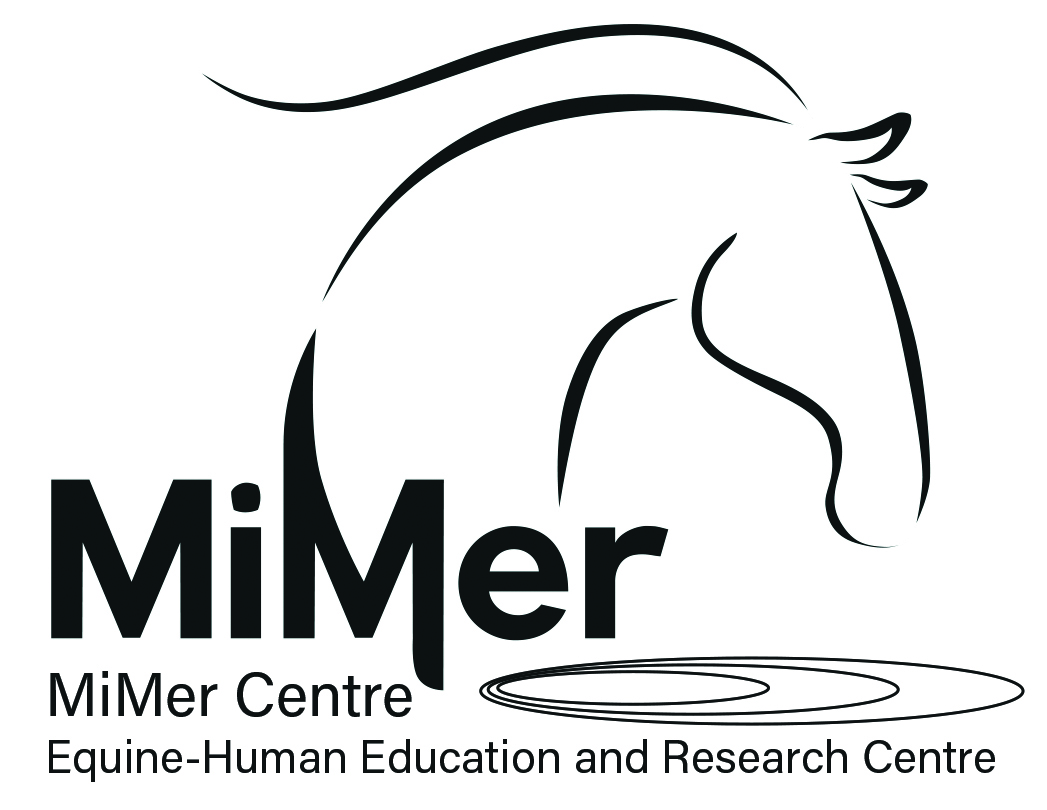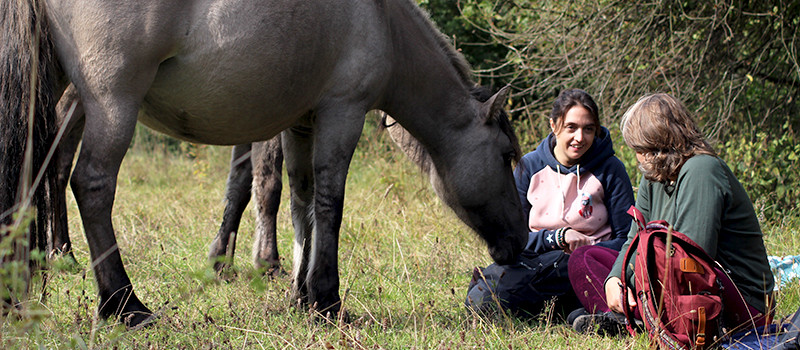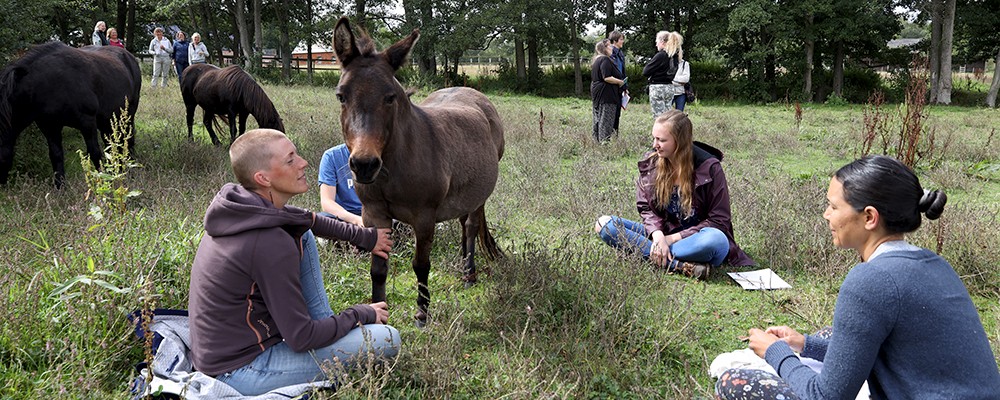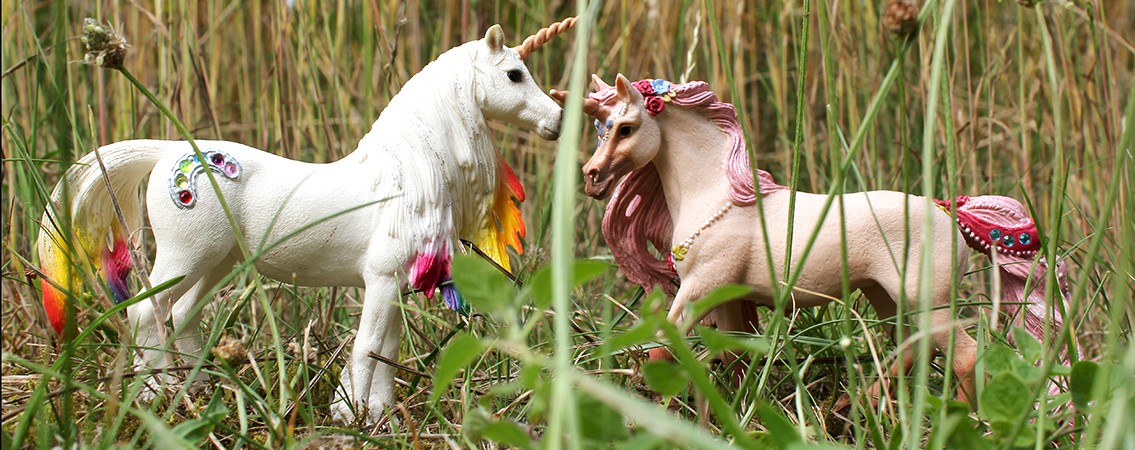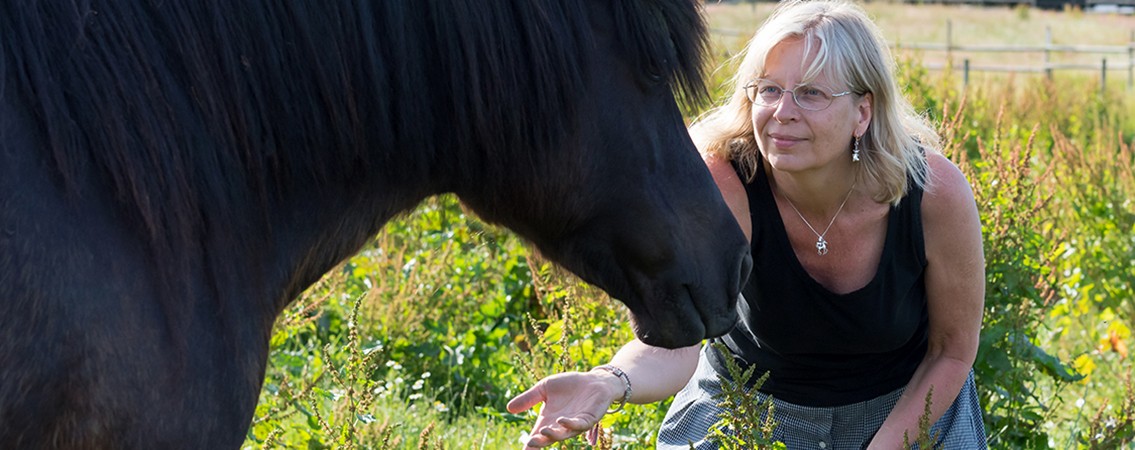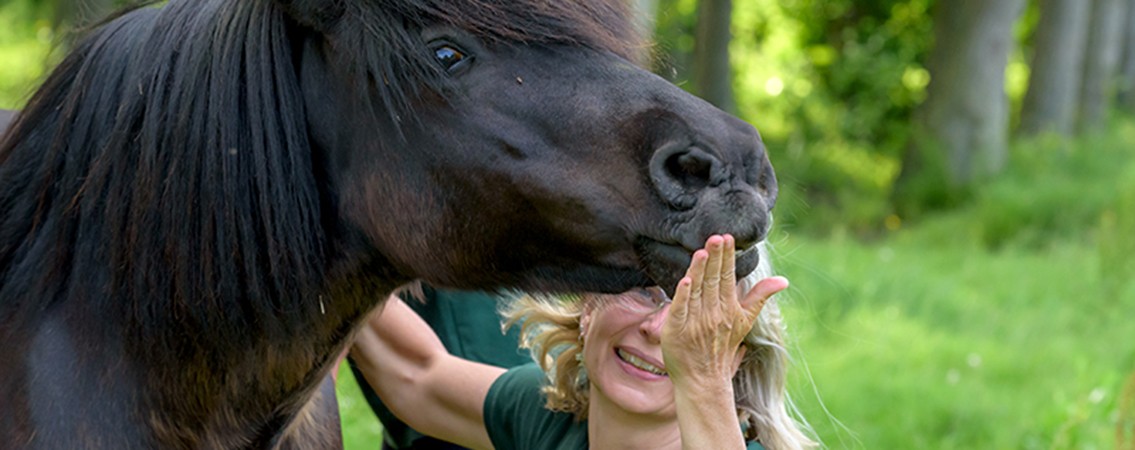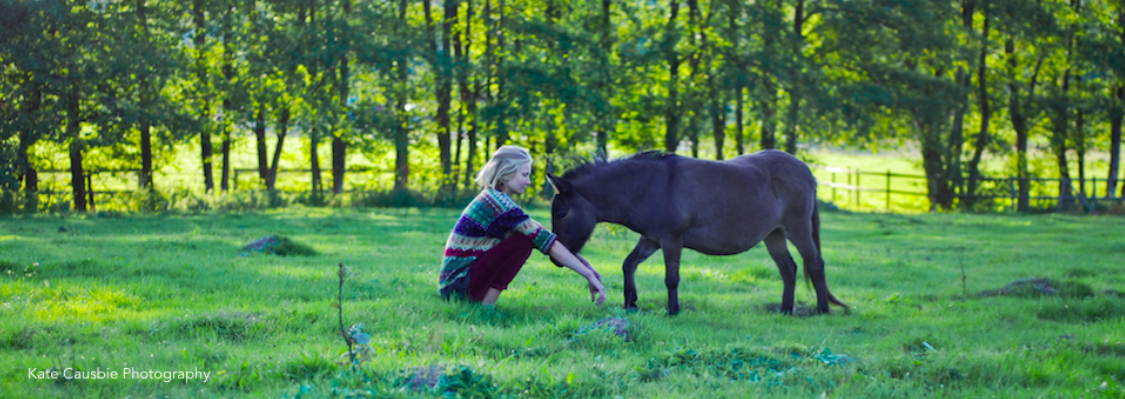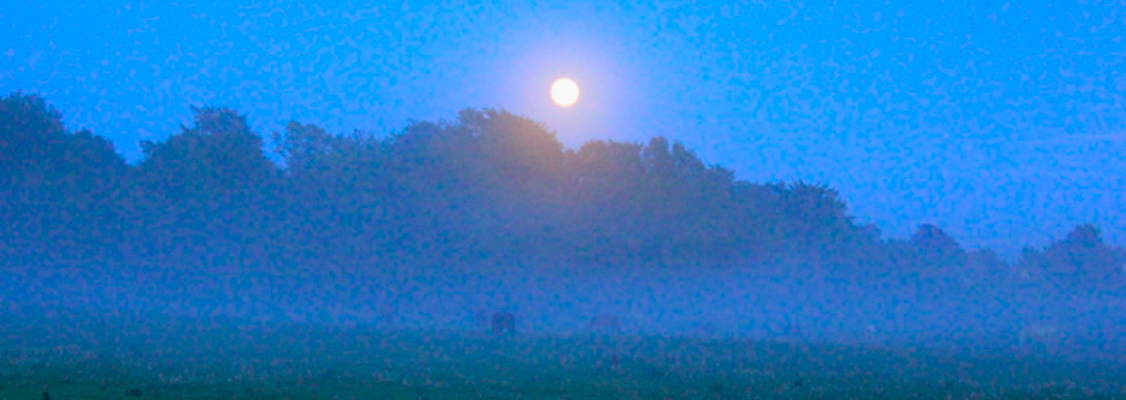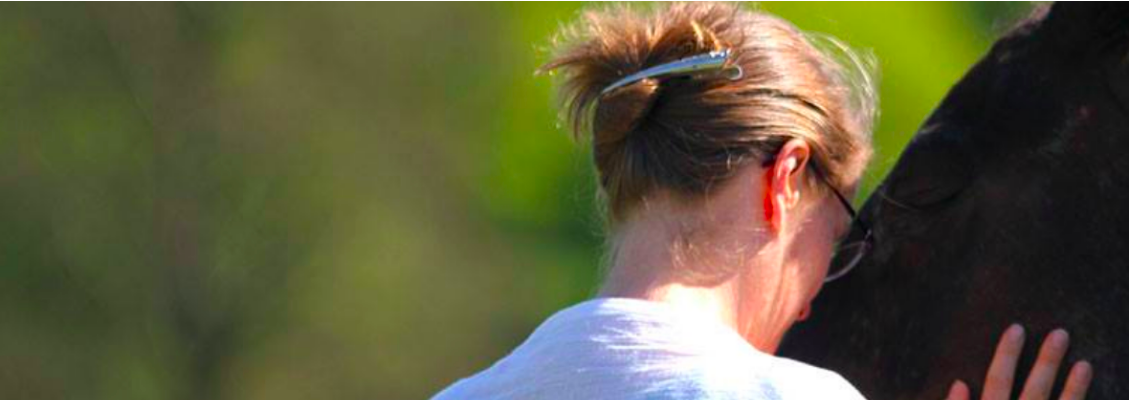Everything. If we broaden Rewilding to include Rewilding of us humans. Which I think is absolutely necessary. In the bigger schemes of things – we cannot reverse the development of mass extinction and work towards diversity if we do not include working with the human psyche and mentality.
This is why we in MiMer work with our courses we call Rewild Your Heart. True and successful Rewilding depends on human awareness – of ourselves, how we function, what drives us, what our belief systems are and so on. We of course need species specific knowledge and knowledge about species environments and contexts, but without the puzzle piece that is us – humans – we will not succeed sustainably. I have looked at different Rewilding efforts of animals and nature, and their success rate all come down to how integrated the awareness of the huma component is.
So that is the start. The human, too, of course, is an animal. And since we have spread all over the globe, we impact everything. All environments are our environments. And everything that lives there needs to be able to co-exist with us. And we are the ones that need to make that happen. As we are the invasive species, and we tend to put our needs above all other species’ needs.
